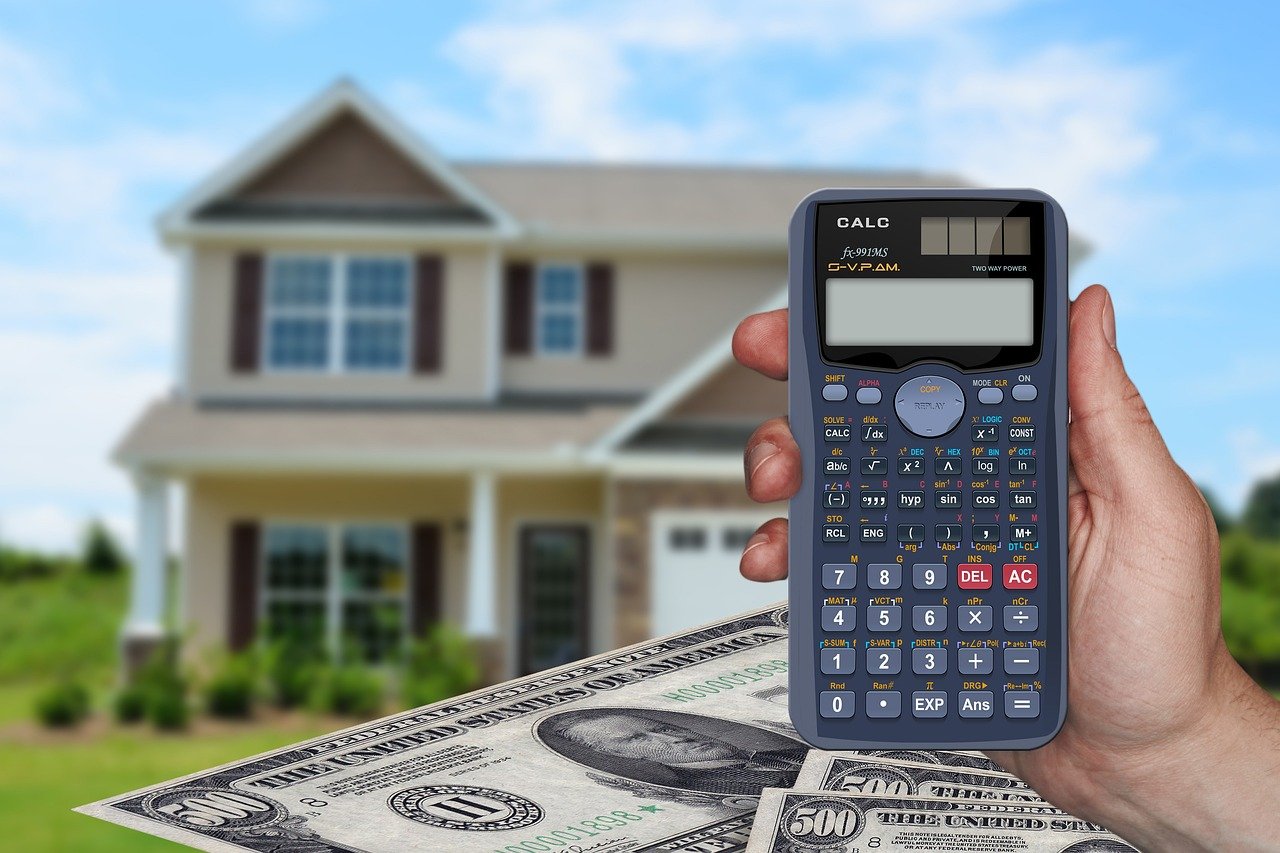For many people, owning a home is the ultimate dream. However, buying a home is a significant financial commitment, and one of the biggest obstacles is saving for a down payment on a house. A down payment is the cash you put up-front to purchase a home, and it is typically a percentage of the home’s purchase price. Unless you are using a VA loan, a down payment is required to obtain a mortgage. The amount of the down payment can vary depending on the type of loan, anywhere between 3% to 20% or more. While saving for a down payment can seem daunting, with some discipline and planning, you can save the money you need to make your dream of owning a home a reality.
Set A Savings Goal
The first step to saving for a down payment on a house is to set a savings goal. You need to know how much you need to save to buy your dream home. Start by researching the housing market to get an idea of how much homes in your desired location cost. Once you have an idea of the price range, determine the down payment percentage required by the lender or bank. Typically, a down payment ranges from 3% to 20% of the home’s purchase price. Use a mortgage calculator to estimate how much you need to save to reach your down payment goal.
Create A Budget
Saving for a down payment on a house requires discipline and planning. Creating a budget can help you identify areas where you can cut back on expenses and free up money to save towards your down payment. Look for ways to trim your expenses, such as eating out less often or cutting back on entertainment expenses. Remember, the more you save, the quicker you will reach your down payment goal.
Use A Budgeting App
A budgeting app can help you keep track of your expenses and savings. There are several free budgeting apps available, such as Mint, Personal Capital, and YNAB (You Need a Budget). These apps can help you monitor your spending, set financial goals, and track your progress towards your savings goal.
Automate Your Savings
One of the easiest ways to save for a down payment on a house is to set up an automatic transfer to a savings account. By automating your savings, you won’t have to remember to transfer money each month. Instead, the money will be automatically transferred from your checking account to your savings account on a set date each month. This can be an effective way to save because you will be less tempted to spend the money you intend to save.
Cut Expenses
Cutting expenses is an effective way to save money. Take a close look at your monthly expenses and identify areas where you can reduce or eliminate expenses. For example, if you’re spending a lot of money on eating out, consider cooking more meals at home. You can also save money by canceling subscriptions you don’t use, negotiating bills, or shopping around for cheaper insurance rates.
Reduce High-Interest Debt
If you have high-interest debt, such as credit card debt or personal loans, you may want to consider paying it off before saving for a down payment. High-interest debt can make it difficult to save, as the interest charges can eat into your savings. Additionally, lenders may be less likely to approve a mortgage application if you have a significant amount of high-interest debt.
Increase Your Income
In addition to cutting back on expenses, you can also look for ways to increase your income. Consider taking on a side job or selling items you no longer need. Any extra money you earn can be put towards your down payment savings.
Take Advantage Of Employer Benefits
Check with your employer to see if they offer any benefits that can help you save for a down payment. Some employers offer programs that match employee contributions to a savings account, which can help you reach your goal faster.
Down Payment Assistance Programs
There are many down payment assistance programs available, especially for first-time homebuyers. These programs can provide you with grants, loans, or other forms of assistance that can help you cover the cost of your down payment.
A Gift From Family Or Friends
A monetary gift can be a helpful source of funding for a down payment on a house. If a borrower receives a gift from a family member or friend, they can use this money to cover some or all of the down payment, potentially making it easier to qualify for a mortgage. However, it’s important to note that there are rules around using gift funds for a down payment, and borrowers should consult with their lender to ensure they are following the proper procedures.
Consider Alternative Housing Options
If you’re struggling to save enough money for a traditional down payment, consider alternative housing options. You could purchase a smaller home or a fixer-upper that requires less money upfront. Another option is to look for rent-to-own properties, which allow you to rent a home with the option to purchase it later.
Use Windfalls Wisely
If you receive a windfall, such as a bonus at work or a tax refund, put the money towards your down payment. It’s easy to get excited and splurge on something you’ve been wanting, but putting the money towards your down payment will bring you one step closer to owning a home.
Stay Focused On Your Goal
Saving for a down payment on a house can be a long and tedious process. It’s important to stay focused on your goal and remind yourself why you’re making sacrifices. Keep track of your progress and celebrate each milestone along the way.
Be Patient
Saving for a down payment can take time, so it’s important to be patient. Don’t get discouraged if it takes longer than you anticipated to reach your goal. Remember that every dollar you save gets you one step closer to owning your own home.
In conclusion, saving for a down payment on a house can seem like an overwhelming task, but with careful planning, dedication, and patience, it’s achievable. Remember to stay focused on your goal, make sacrifices where necessary, and take advantage of programs and resources available to you. It’s also never too early to partner with a trusted and experienced real estate agent. A good real estate agent will educate you, prepare you for the homebuying process and help you find a home that fits your budget and lifestyle.


